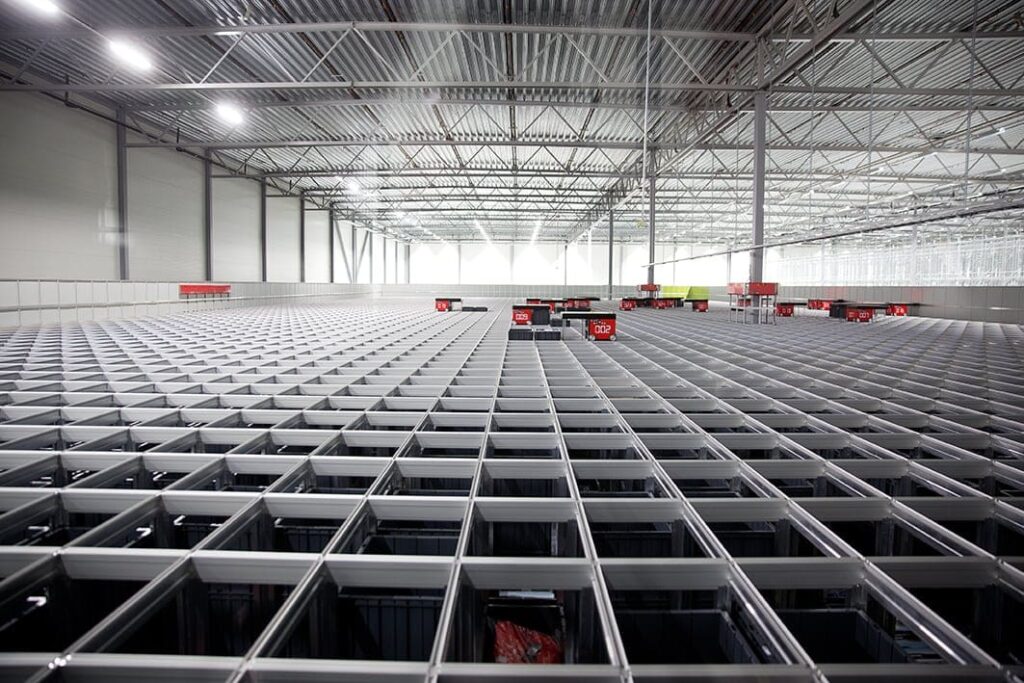Element Logic, an end-to-end automation partner, announces the launch of Automation as a Service (AaaS) – a subscription-based, full-service automation model designed to simplify warehouse automation and unlock new growth potential for customers across Europe.
Revolutionising Automation – Without the Capital Burden
In today’s fast-evolving logistics landscape, the key question is no longer if to automate, but how. With Automation as a Service, Element Logic introduces a model that removes traditional entry barriers such as high upfront investment and technical complexity. “Think of it like subscribing to efficiency,” says Håvard Hallås, Chief Commercial Officer at Element Logic. “Just as ridesharing transformed urban mobility, AaaS brings that same reliability and simplicity to your warehouse. You only pay for the performance you need.”
Customers benefit from tailor-made automation solutions paired with software, live monitoring, expert guidance, and continuous optimisation – all in one predictable operational expense.
Minimise Risk, Maximise Performance
AaaS is a full-service model where Element Logic undertakes joint operational responsibility, ensuring customers achieve maximum productivity with minimal complexity. The offering includes:
● Zero upfront investment
● Guaranteed uptime and performance
● Predictable cost structure
● Scalable solutions aligned with business growth
● Ongoing monitoring, maintenance, and support
● Sustainable life cycle management of equipment
“With Automation as a Service, we remove the barriers to warehouse automation,” says Stian Hagen, Concept Architect at Element Logic. “No upfront investments, reduced operational risk, and less strain on internal resources – all of it designed to deliver what matters most: maximum productivity.”
Tailored for Today’s Challenges Automation as a Service is designed to support a wide range of businesses:
● Growing companies looking to scale without tying up capital
● Organisations focused on core business, wanting low-risk automation
● Third-party logistics providers (3PLs) in need of flexibility and predictable performance
Regardless of industry or size, AaaS enables businesses to stay competitive, responsive, and focused on what they do best. A Sustainable Approach Element Logic retains ownership and full responsibility for the technology throughout its lifecycle – including redeployment and end-of-life management. This results in a solution that is not only financially flexible, but also environmentally sound.
“With AaaS, the long-term risk is on us as a service provider – not the customer,” explains Kristian Rosseland, Vice President of Element Logic Financial Services. “We handle financing, optimisation, and sustainability throughout the entire equipment lifecycle.” Driven by Technology. Powered by People. Proven Through History. Element Logic has been optimising warehouse performance since 1985 and continues to lead the way in intralogistics innovation. With 40 years of expertise and a customer base spanning over 400 automation projects, the company now takes its next step in transforming warehouse operations.






